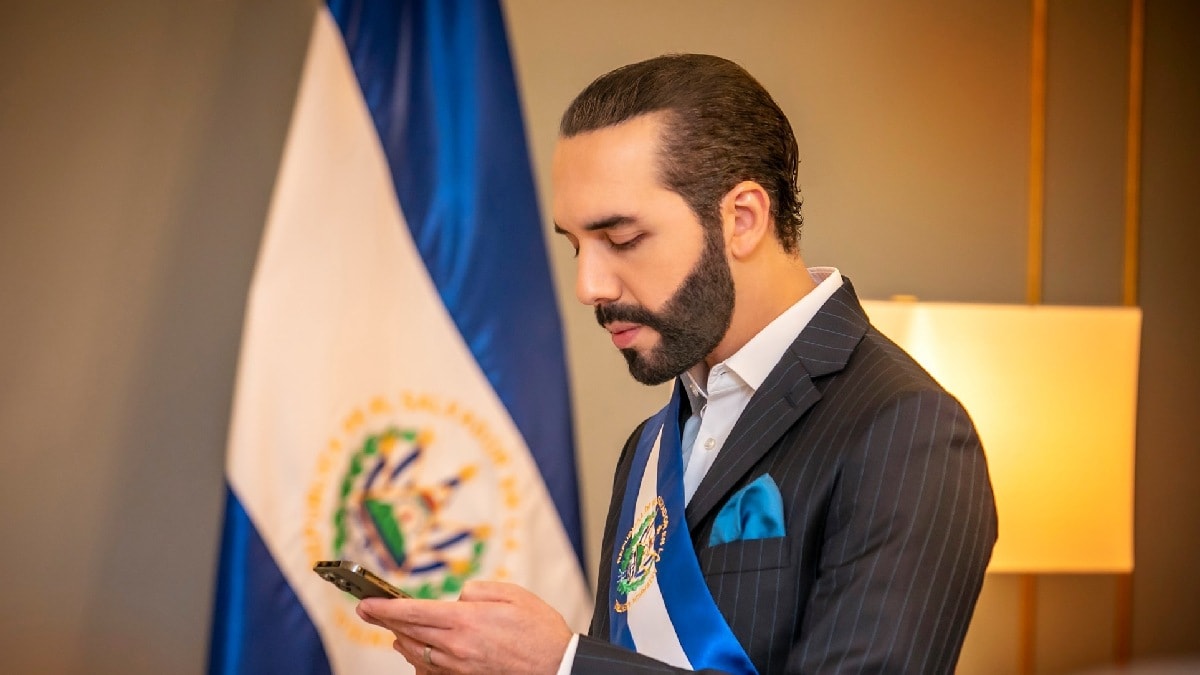
El Salvador introduced Bitcoin as legal currency in September 2021 and the move appears to have resulted in a significant increase in both national GDP and local tourism development. According to El Salvador’s Tourism Minister Morena Valdez, it is estimated that the tourist business in El Salvador has grown by more than 30 percent since the enactment of the Bitcoin legislation in September. Meanwhile, the country’s GDP rose by 10.3 percent in 2021, according to a separate announcement by President Nayib Bukele’s. As per Bukele, in January 2022, the country’s exports, which are a key source of economic development, rose 13 percent year-over-year.
“We conducted a poll to compare activities before and after the introduction of Bitcoin. In November and December, the tourism industry grew,” said Valdez.
In an interview with the local news agency El Salvador News English, Valdez indicated that this had climbed by more than 30 percent.
El Salvador’s acceptance of Bitcoin, according to Valdez, has had an impact on the flow of tourist trips, with the number of visitors from the US increasing significantly. Prior to Bitcoin’s legalisation, the majority of tourists came from the Central American isthmus’ bordering countries, she said, estimating that 60 percent of tourists were now coming from the US.
El Salvador’s tourism boom has surpassed the government’s projections, hitting 1.4 million visitors instead of 1.1 million, according to the ministry.
El Salvador’s GDP grew 10.3% in 2021.
And now its exports (a main driver of economic growth) grew 13% this January, compared to January 2021.
Are we looking at another double digit GDP growth this year?
By the way, El Salvador never had a double digit GDP growth before 2021. https://t.co/f9yMkPpLNJ
— Nayib Bukele ???????? (@nayibbukele) February 19, 2022
Bukele also put out a tweet recently explaining that El Salvador had managed a double-digit GDP growth for the first time in history after it adopted the Bitcoin law.
The Salvadorian President’s decision to introduce Bitcoin so strongly into the economy continues to spark global conversation on cryptocurrencies.
Bukele has previously said that Bitcoin adoption in the country has exceeded expectations. Last year, over two million citizens began using the Chivo Wallet within a month of its introduction, according to the government.
However, those outside the country seem to think otherwise. The International Monetary Fund (IMF) has urged El Salvador several times to drop Bitcoin as a currency, citing financial stability risks.
But despite criticism, Bukele has stood by his decision and said that Bitcoin would bring tremendous benefits to the economy.
Cryptocurrency is an unregulated digital currency, not a legal tender and subject to market risks. The information provided in the article is not intended to be and does not constitute financial advice, trading advice or any other advice or recommendation of any sort offered or endorsed by NDTV. NDTV shall not be responsible for any loss arising from any investment based on any perceived recommendation, forecast or any other information contained in the article.
